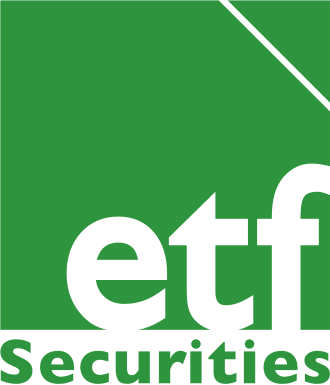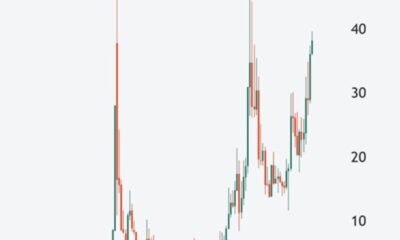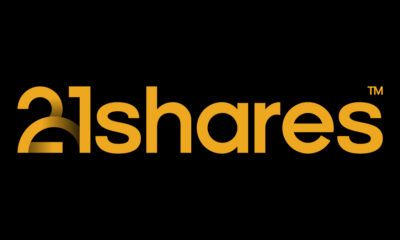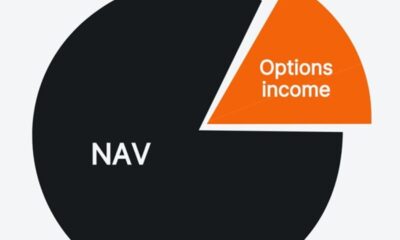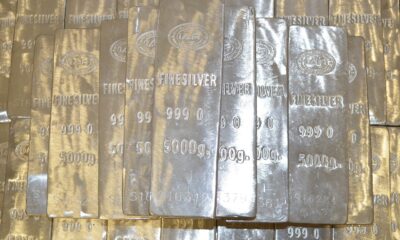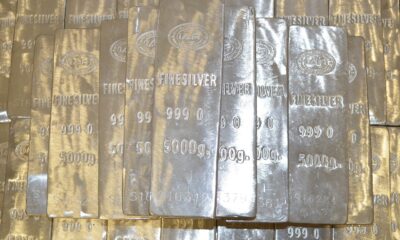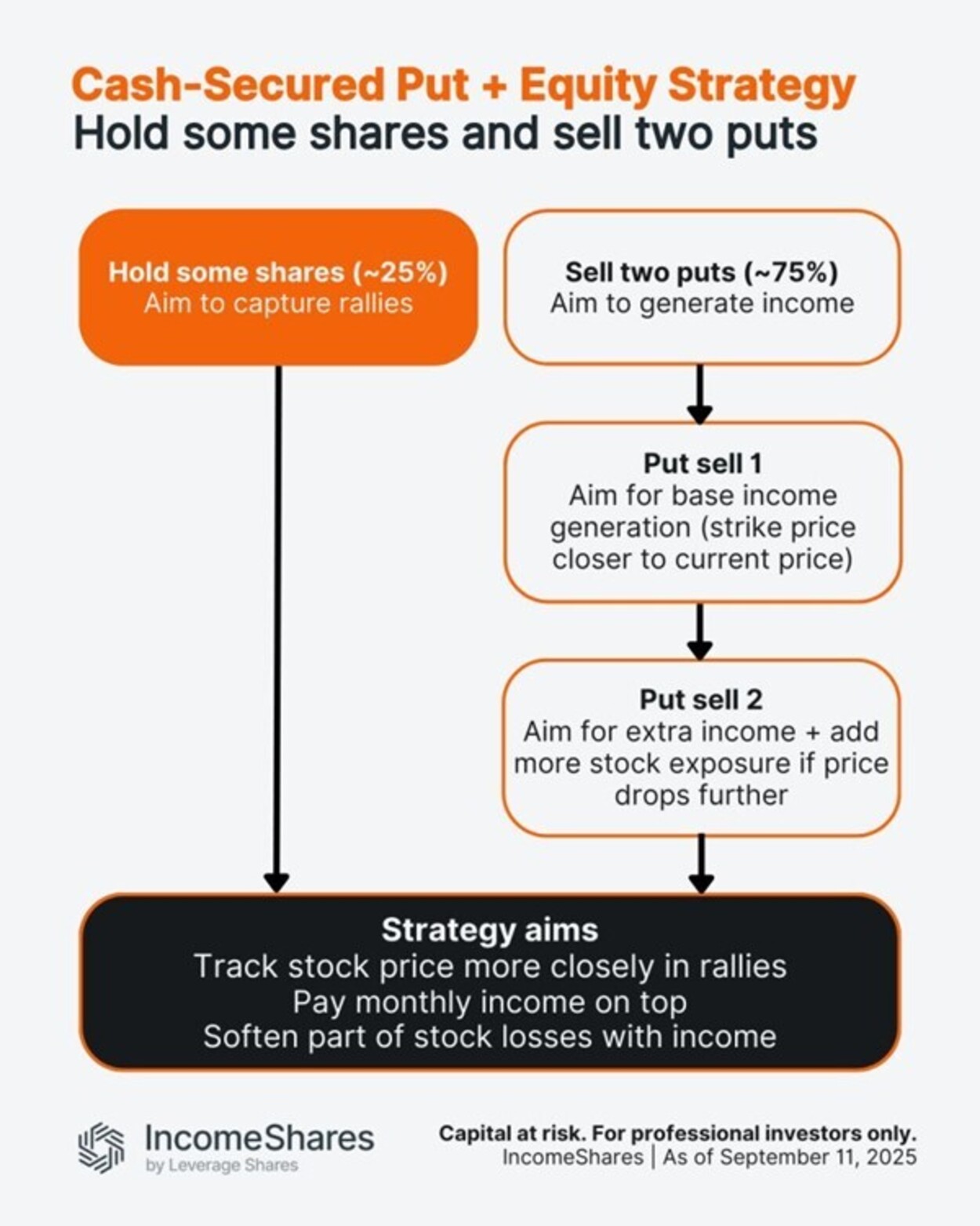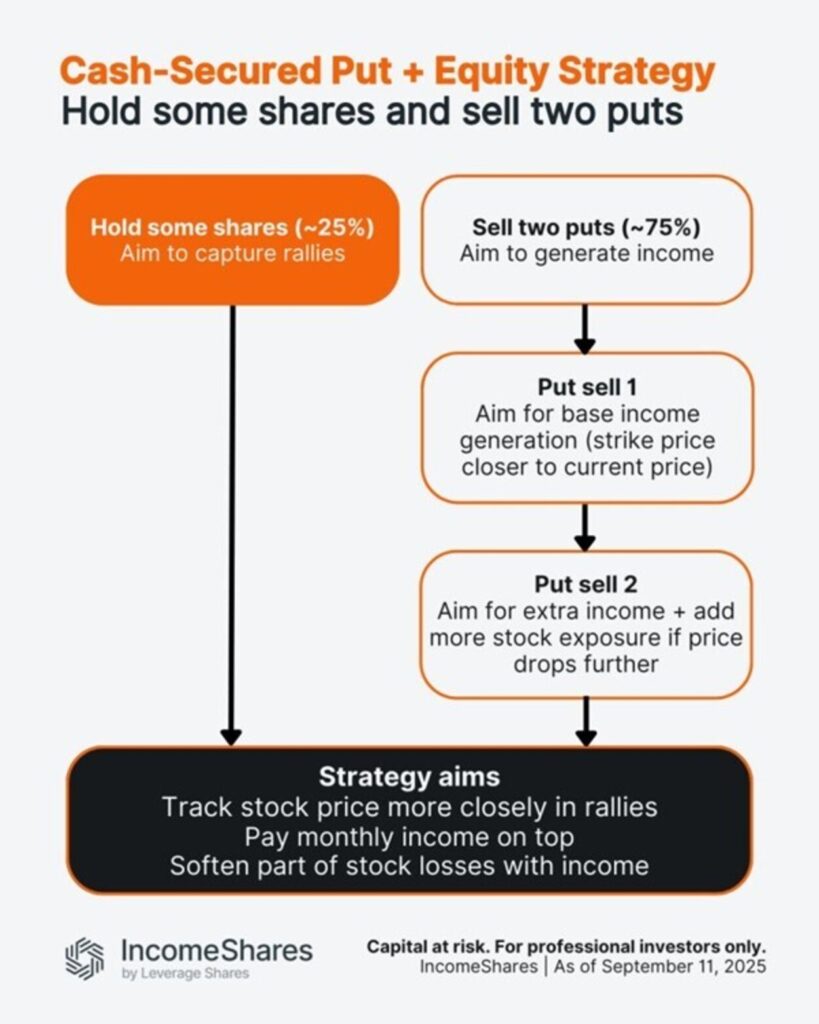ETF Securities Commodity Research: Above-target inflation will be supportive for gold and silver
Highlights
- An upside surprise in US inflation will drive gold higher by the end of this year, before paring gains by Q2 2018.
- We expect silver to outpace gold, rising 13% by end of Q2 2018, bringing the elevated gold to silver ratio down closer to its long-term average.
- Downside risks in both metals will be limited by the gradual nature of Federal Reserve policy changes.
In this note we provide an update to our gold and silver forecasts using our in-house modelsi. Our gold model has four key inputs: US inflation rates, US nominal 10-year government bond yields, US dollar exchange rate and speculative positioning in gold futures. Our silver model uses our gold price forecast in combination with drivers of physical demand and supply silver.
Base case for gold: largely sideways
We expect gold to rise to US$1260/oz by year-end and then decline to US$1230 by Q2 2018. It is largely an upside surprise in inflation that will drive the price of gold higher. Rising interest rates will cap gains. Downside pressure on gold will be limited by the gradual nature of rate increases.
(click to enlarge)
Fed tightening continues…
We believe that the Federal Reserve (Fed) will raise interest rates once more in 2017 and reduce the size of its balance sheet by allowing securities it holds to mature without reinvesting proceeds. The Fed will continue to tighten policy in 2018 with a combination of a rate increase and further balance sheet reduction in the first half of the year.
US nominal 10-year yields are likely to rise to 2.8% by the end of this year and 3.2% by mid 2018 from 2.4% at the moment as a result of Fed tightening. We expect the yield curve to flatten less than in normal rate-tightening cycles because part of the tightening is targeted at the longer end of the curve (i.e. the balance sheet shrinking due to the Fed not reinvesting maturing bonds).
…but real interest rates to remain subdued
However, we believe that inflation will rise above 2%, dampening the increase in real interest rates. Strength in the labour market has not translated in higher wages yet, but we believe it will do. The Congressional Budget Office’s estimate of the long-term natural rate of unemployment is 4.7%. With the current unemployment rate at 4.4%, we should start to see inflation rise. We expect CPI inflation of 2.3% by year-end and 2.5% by Q2 2018.
US Dollar to appreciate
Rising US interest rates and widening interest rate differentials are likely to push the trade-weighted dollar up by 3% by year-end and 6% by Q2 2018. A US Dollar appreciation will be negative for the gold price.
Speculative positioning to remain elevated by historic standards
Investment in gold is often a gauge of investor anxiety. While we think that some of the key risks around the rise of populism in Europe have eased, a number of other risks are present and investors are likely to seek hedges in the form of gold. Some of these risks include (but are obviously not limited to):
- Continued sabre rattling between nuclear powers of US and North Korea
- Rising tensions in the Middle East as Qatar fails to bow to its neighbours demands
- A surge in trade protectionism as US follows through with recent threats
To be clear, we don’t expect a full-scale war as a base case scenario, but the presence of these risks will weigh on investors minds. We expect speculative positioning in gold futures to remain around 120k contracts net long, somewhat higher than the long-term average of 89k, but significantly below the post- Brexit high of 348k in July 2017.
Alternative scenarios
The following table summarises alternative scenarios for gold in Q2 2018.
(click to enlarge)
In the bear case for gold, the Fed becomes more hawkish, driving rates up more aggressively and shrinks its balance sheet quicker. Given typical lags, inflation will not have fallen below 2% by that time. Subdued interest in gold will drive speculative positioning down to 40k contracts net long.
In the bull case for gold, the Fed gets complacent in tightening policy as it waits for further confirmation that the recovery is progressing. Inflation runs higher at 3.1%. Speculative positioning in gold jumps up to 200k contracts net long as investors become concerned about a disorderly unwind after a protracted period of loose policy.
Silver to outperform gold
We expect silver to rise to US$18.70/oz by year-end before easing to US$18.10 by Q2 2018.
Silver has a strong relationship with gold with nearly an 80% price correlation with the metal. However, silver has more attributes of a ‘regular’ commodity than gold in that physical demand and supply has more influence on its price.
In our model for silver, an increase in the global purchasing managers indices (PMI) acts as a proxy for industrial demand growth. We have seen that the global PMI has plateaued in recent months after reaching a five-year high earlier this year. We expect a modest decline as emerging market countries continue to place a drag on the global index.
As a proxy for supply we look at mine investment. As 75% of silver comes as a by-product of mining for other metals we look at aggregate mining capex across the top 100 metal miners. Mining capex has been declining sharply. Looking at the top 100 miners, capex has declined by 23% over the past year. Six months ago the year-on-year drop was measured as much as 27%.
As another proxy for supply we use exchange inventory of silver. Increases in exchange inventory indicate that more of the metal is readily available. Silver exchange inventory has been elevated most of this year, but we assume it will come down to levels seen a year-ago after a sustained mining supply deficit in silver.
(click to enlarge)
Relative prices closer to normal
The stronger growth in silver prices should see a correction in the elevated gold-to-silver ratio that we have seen in the past year. From today’s prices, gold is expected to be broadly flat by Q2 2018 while silver will gain close to 13%.
(click to enlarge)
For more information contact:
ETF Securities Research team
ETF Securities (UK) Limited
T +44 (0) 207 448 4336
E info@etfsecurities.com
Important Information
This communication has been issued and approved for the purpose of section 21 of the Financial Services and Markets Act 2000 by ETF Securities (UK) Limited (“ETFS UK”) which is authorised and regulated by the United Kingdom Financial Conduct Authority (the “FCA”).

 Nyheter3 veckor sedan
Nyheter3 veckor sedan
 Nyheter2 veckor sedan
Nyheter2 veckor sedan
 Nyheter3 veckor sedan
Nyheter3 veckor sedan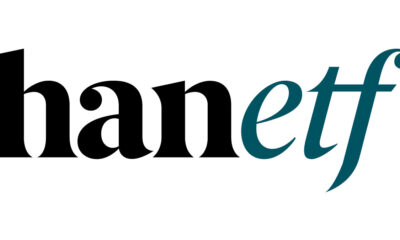
 Nyheter4 veckor sedan
Nyheter4 veckor sedan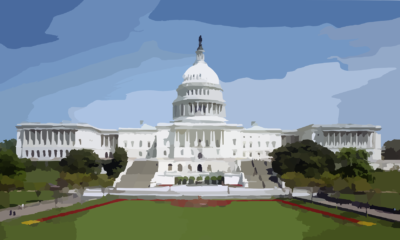
 Nyheter3 veckor sedan
Nyheter3 veckor sedan
 Nyheter1 vecka sedan
Nyheter1 vecka sedan
 Nyheter3 veckor sedan
Nyheter3 veckor sedan
 Nyheter1 vecka sedan
Nyheter1 vecka sedan
